Carl Schmid and Dr. Milgram discusses the disparities in education and access to PrEP in the patient populations that need these medications the most.
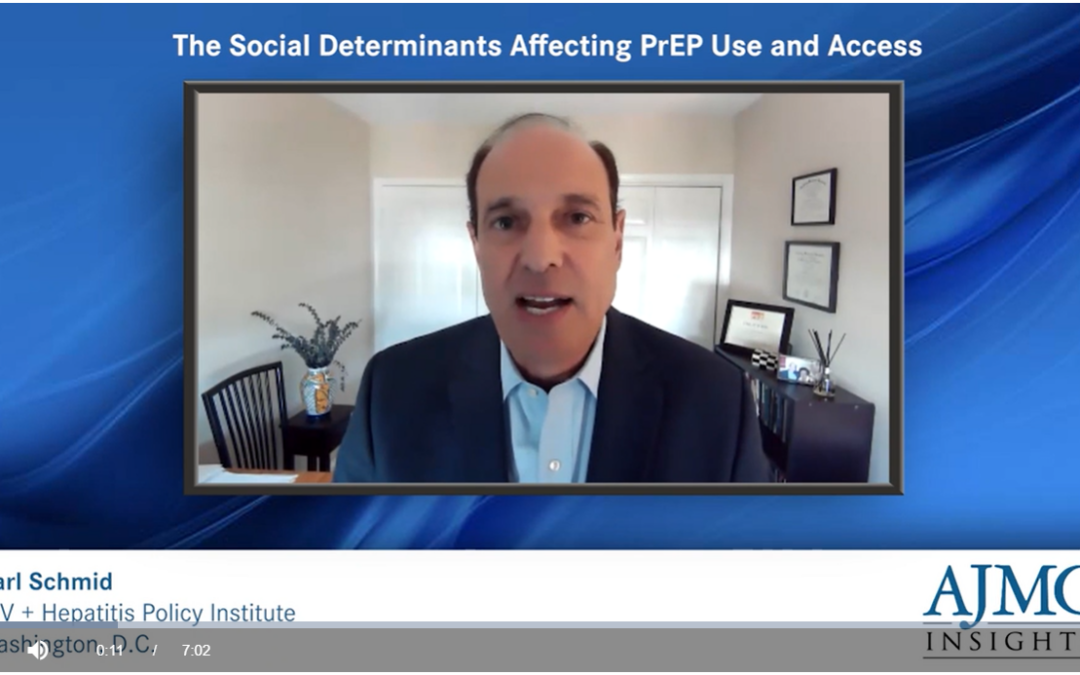

Carl Schmid and Dr. Milgram discusses the disparities in education and access to PrEP in the patient populations that need these medications the most.
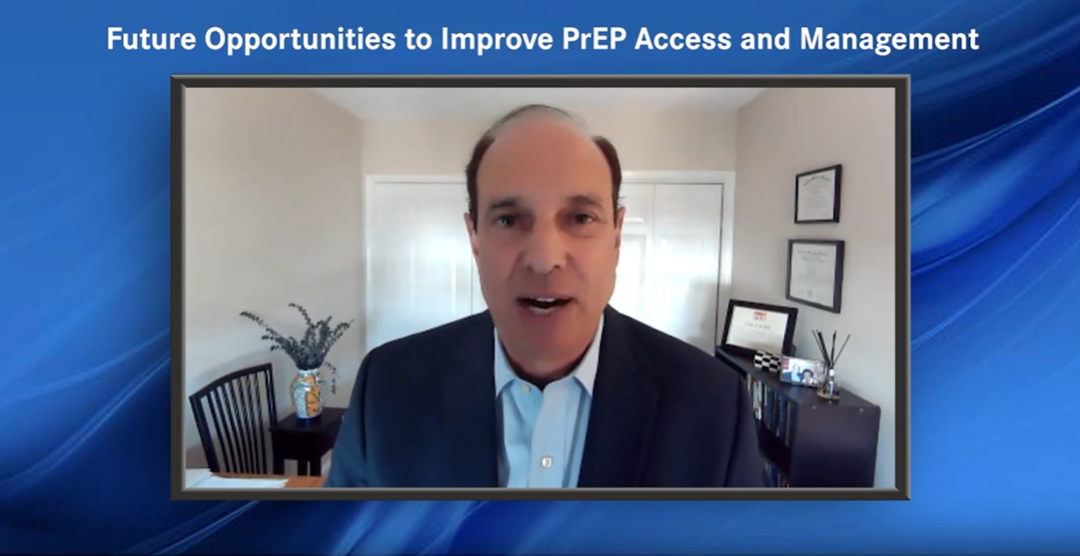
Carl Schmid and Lynne H. Milgram, MD, MBA, CPE, share ideas that can provide more substantial access to PrEP and battle unmet needs in PrEP management.
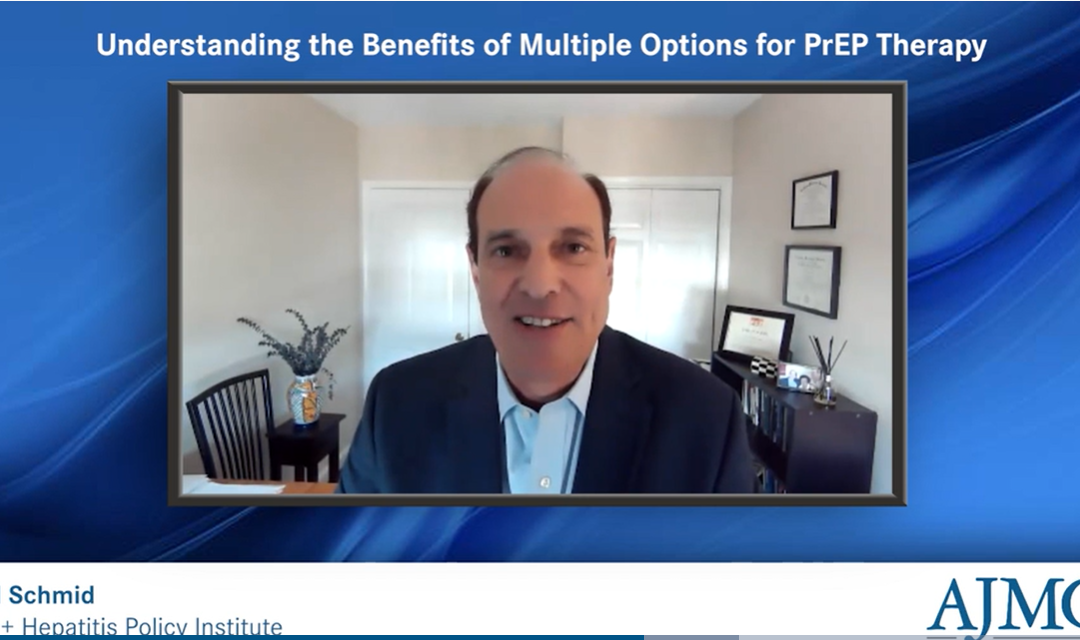
Carl Schmid: It’s important to have different types of PrEP. Up until now, it’s been a daily pill, which may be sufficient for some people, but people may not want to take a pill for a disease that they don’t have. People may forget taking a pill every day. They may not adhere to the prescribed course. It is important to have long-acting medications, and people don’t have to think about taking a drug every day. It could help with adherence, and the studies show that it’s superior. What is it all about? What is the purpose of PrEP to prevent HIV? These FDA studies show that the long-acting [PrEP] is superior. There are fewer infections.
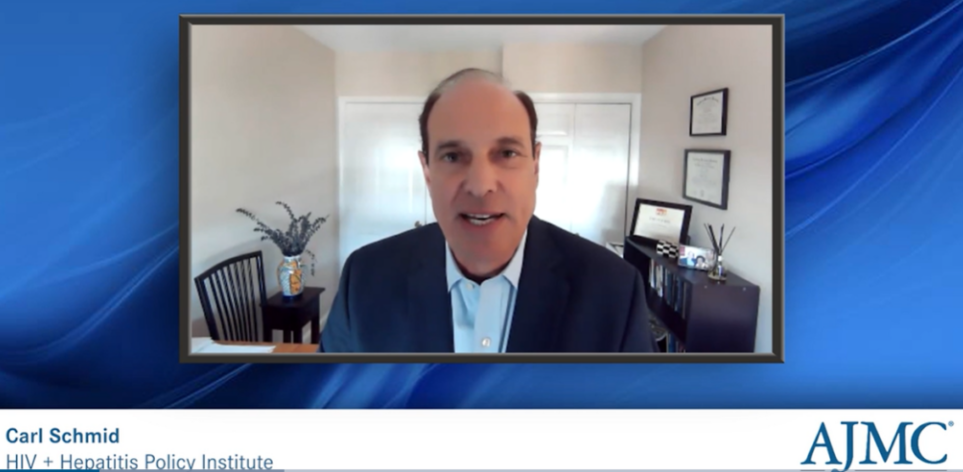
Frank J. Palella Jr, MD, and Carl Schmid continue the discussion of patient selection for long-acting injectable PrEP and its cost effectiveness in comparison with other PrEP modalities.
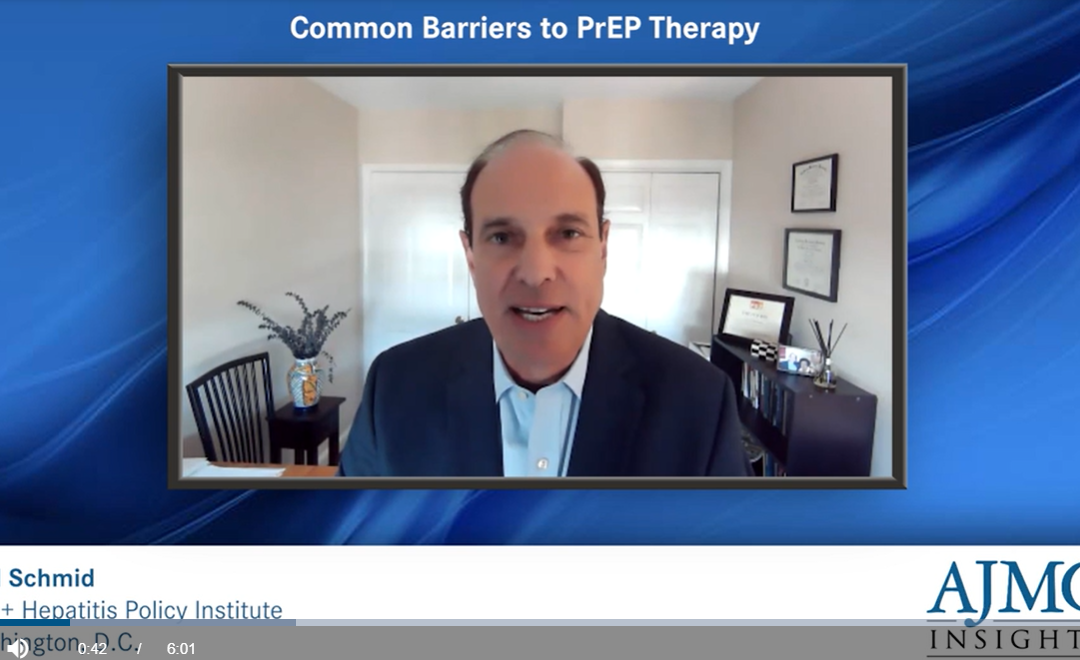
It’s a real shame that not enough people are taking PrEP [preexposure prophylaxis] that should be. The CDC [Center for Diseases Control] indicates probably 1.2 million people are eligible to take PrEP, and only around 28% of those people eligible are currently taking it. There’s a number of reasons why. One, people don’t know about it. It’s still relatively new. In the communities that we need to reach—particularly black gay men, Latino gay men, black women—they’re not aware of it. It’s also a burden. You have to take a drug every day for a disease [when] you’re not sick. That’s changed. Some of the pills could be large, and that could be an issue. There are smaller pills right now, but you have to take the drug every day. It’s not just taking the pill. You have to be tested periodically for HIV. You have to make sure that you’re not living with HIV, and you have to go to the clinic or the doctor periodically for a certain test as well. It is a commitment, and there are a lot of hurdles. People may think that there’s a cost associated with it and too many steps and prior authorizations that people have to go through.